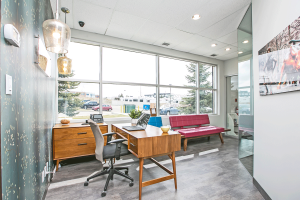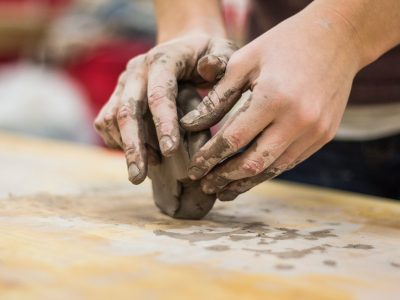Why Choose Therapy?
In-Person Counselling
Expressive Arts Therapy
Walk and Talk Therapy
- Walking sessions are weather dependent.
- The pace of the walk is slow to moderate. Finding the rhythm of your pace will be discovered with your counsellor in the first couple of times.
- Walking sessions will be mostly in Fish Creek park, with some availability in Carburn Park and Rylee Park
- Some clients may choose a safe and more quiet route near their school, work, or home.
- Walk and talk sessions will be held during the daytime, when sunlight is available.
- Walking sessions are 50 minutes in length with some flexibility available.
- Information about risks and benefits including privacy of information will be discussed prior to first session.
- Walking sessions are available for adult and teen clients.
On-line Therapy















